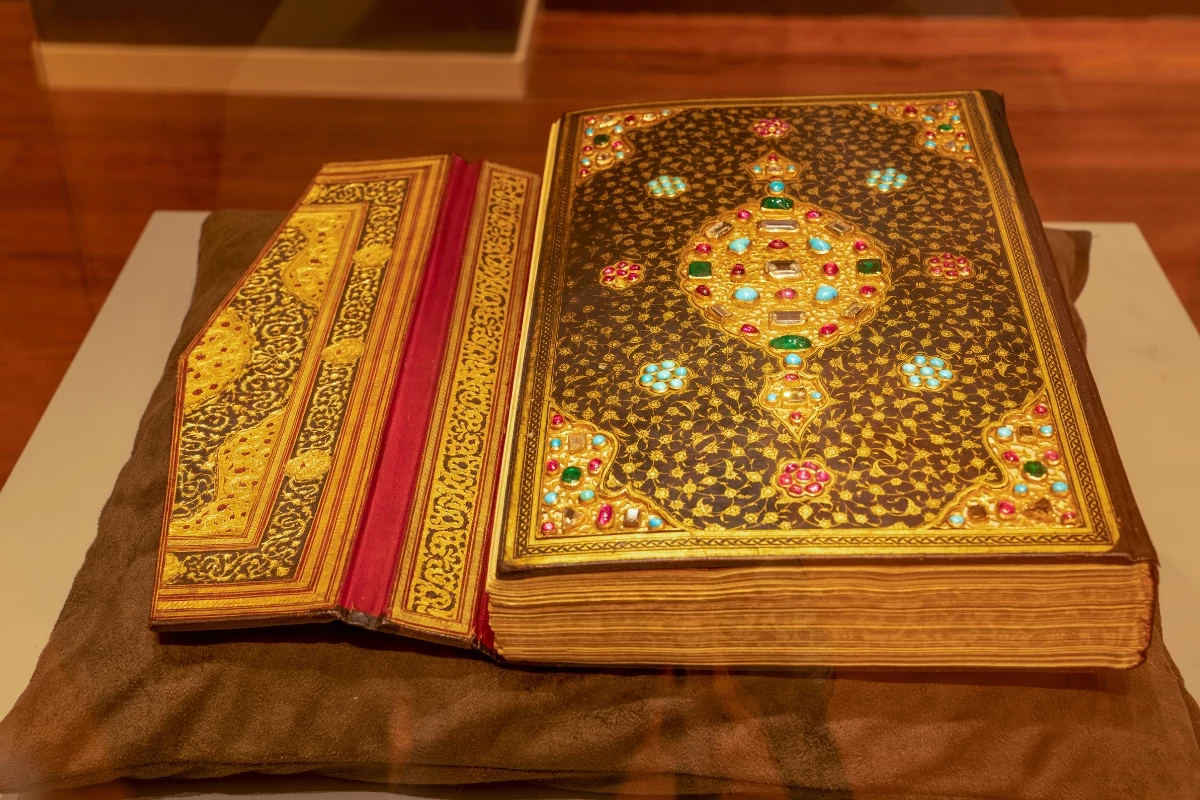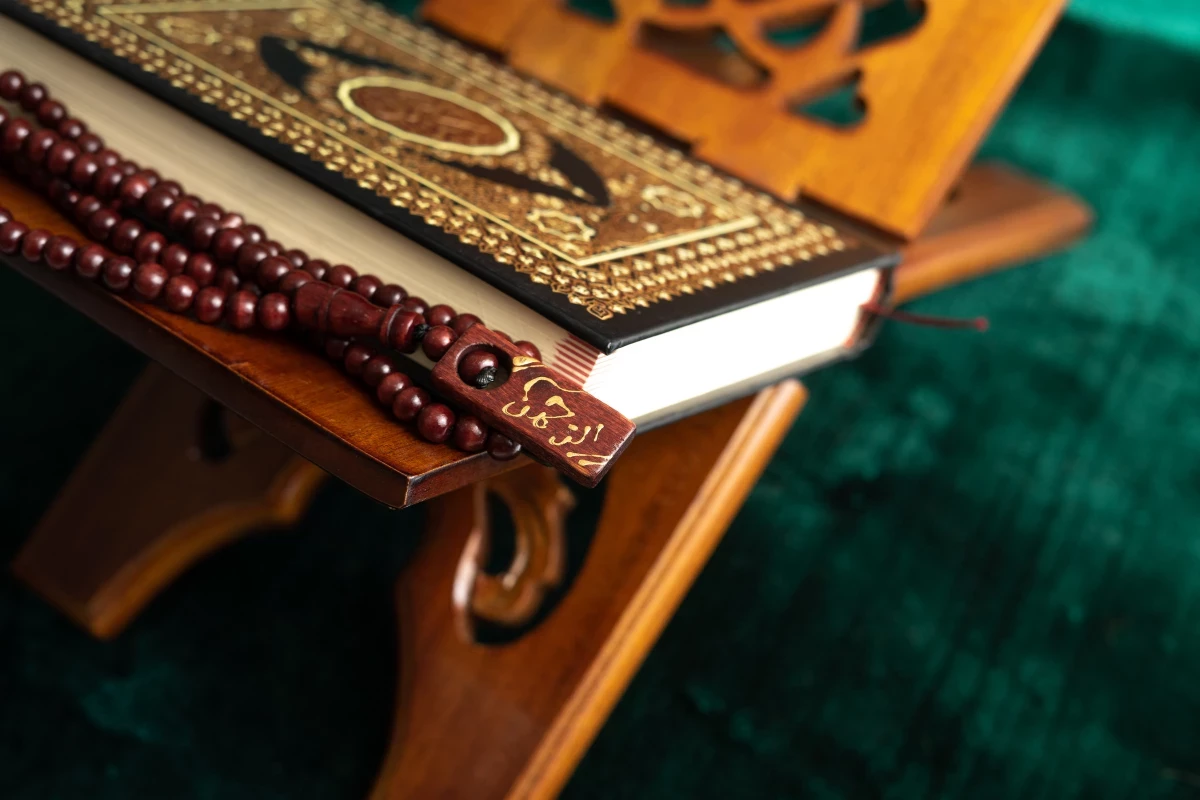In Islam, the Holy Book holds a function of notable importance and reverence. You is probably wondering, “What is the Holy Book of Islam?” in case you’re new to Islam or sincerely curious about its holy books.
The answer to this question is the Quran, the divine scripture that serves as the closing guide for Muslims worldwide. The Quran offers information, steerage, and crook pointers for living a righteous lifestyles, worshiping Allah (God), and keeping a moral society.
What Is The Holy Book Of Islam?
Prophet Muhammad (PBUH) studied the main non-secular scripture Quran of Islam for more than 23 years. It is believed that Angel Jibril (Gabriel) gave the exact words of Allah (God) to Prophet Muhammad. Muslims see the Quran as a final and complete revelation, giving directions in the areas of morality, religion, spirituality and law.

Why Is the Quran So Important?
The Quran is taken into consideration the closing source of steerage for Muslims in all matters of religion, regulation, and ethics. Here’s why the Quran holds such significance:
Divine Origin: Muslims consider the Quran changed into discovered without delay via Allah to Prophet Muhammad, making it the most actual and very last revelation.
Guidance for All Aspects of Life: The Quran covers no longer handiest spiritual teachings but also realistic recommendation on topics consisting of own family, justice, and societal properly-being.
The Language of Allah: The Quran changed into discovered in Arabic, and lots of Muslims around the sector study Arabic mainly to apprehend the Quran in its unique shape.
Key Themes of the Quran
The Quran addresses a huge variety of issues that are important for each private improvement and communal living. These include:
- Prayers (Salah), fasting (Sawm), charity (Zakat), and teachings at the Oneness of God (Tawhid) are all a part of faith and worship.
- Moral Behavior: The Quran locations a robust emphasis on kindness, justice, integrity, and empathy.
- Stories of Past Prophets: The Quran narrates memories of past prophets, which include Adam, Noah, Abraham, Moses, and Jesus (peace be upon them), education treasured training.
- Laws and Commandments: There are clear instructions on own family life, marriage, inheritance, and crook justice.
Understanding and studying the Quran
Even though reading the Quran is a deeply spiritual activity, it requires knowledge, interpretation (Tafseer), and guidance from scholars to comprehend its meanings. For a deeper comprehension of the Quran, many Muslims turn to scholars or enroll in online courses. We at Online Quran Islam Academy offer a number of courses that are meant to teach people of all ages and backgrounds about the Quran and its teachings.

Some Courses We Offer:
| Course Name | Level | Description |
|---|---|---|
| Quranic Arabic | Beginner to Expert | Learn the Arabic language to understand the Quran. |
| Tafseer | Intermediate to Advanced | Study the meanings and interpretations of the Quran. |
| Quran (Hifz) | All Levels | Memorize and preserve the Quran in its entirety. |
| Quran Recitation (Tajweed) | Beginner to Advanced | Learn the rules of accurate recitation and pronunciation. |
These publications are designed to help college students connect to the Quran on a deeper stage, making sure they gain each knowledge and spiritual growth.
Conclusion
Muslims international can locate steerage inside the Holy Quran, also called the Holy Book of Islam. The Quran is the unmistakable answer to the query, “What is the Holy Book Islam” is clear: the Quran. It consists of teachings, rules, and suggestions that have an impact on each thing of a Muslim’s lifestyles. Muslims can align their lives with Allah’s will with the aid of analyzing and comprehending the Quran, ensuring personal and communal improvement.






The Importance of Belief in Holy Books: Quran, Bible, and Torah » Online Quran Islam Acadmey
[…] for living a righteous life. In addition to the Quran, Muslims also respect other holy books […]
Learn Tajweed: Master Quranic Recitation Online
[…] the magic of Tajweed in action. If you’re eager to learn Tajweed and enhance your Quranic recitation, you’ve come to the right place. In this comprehensive guide, we’ll explore what […]